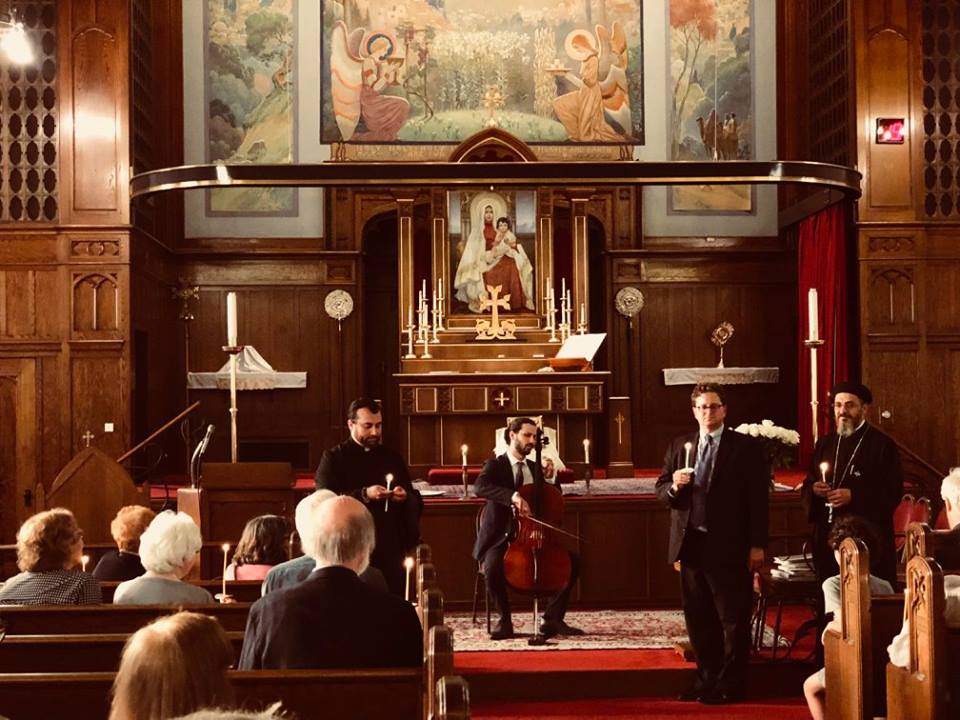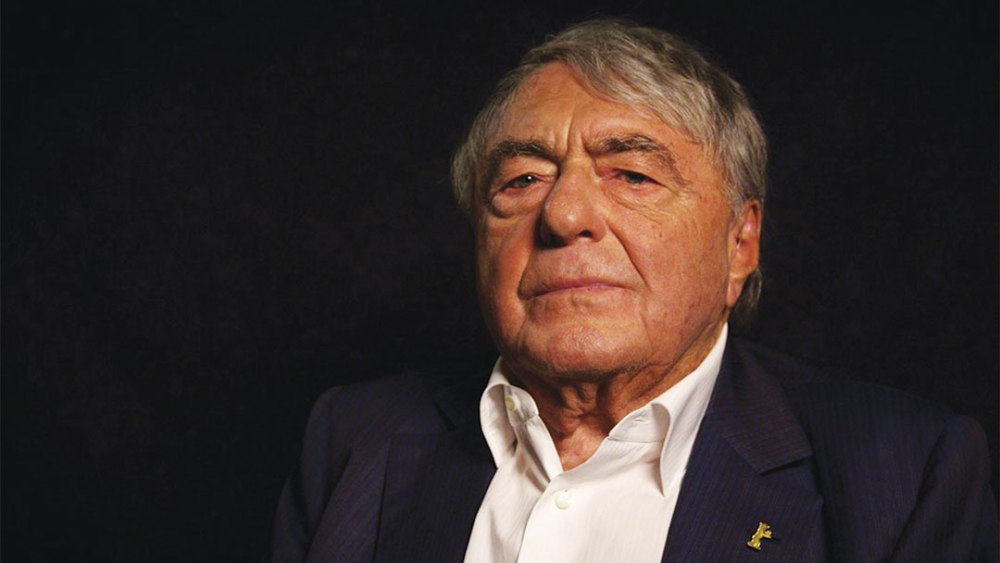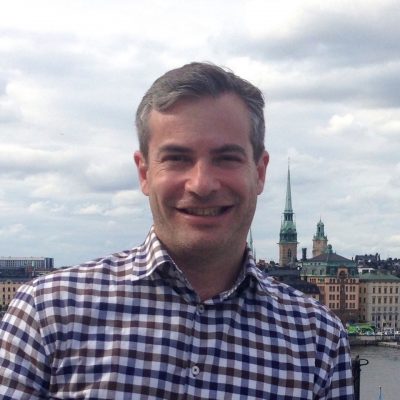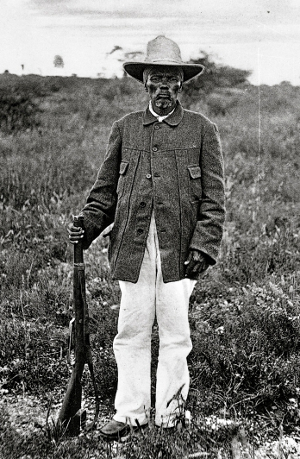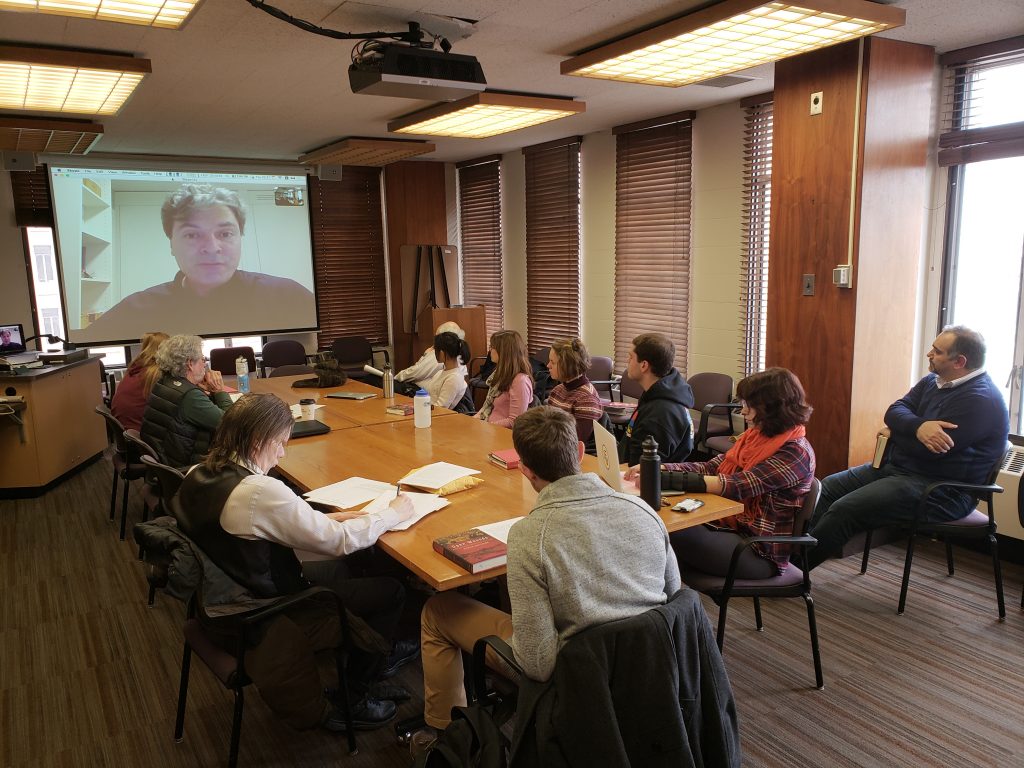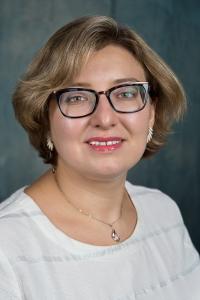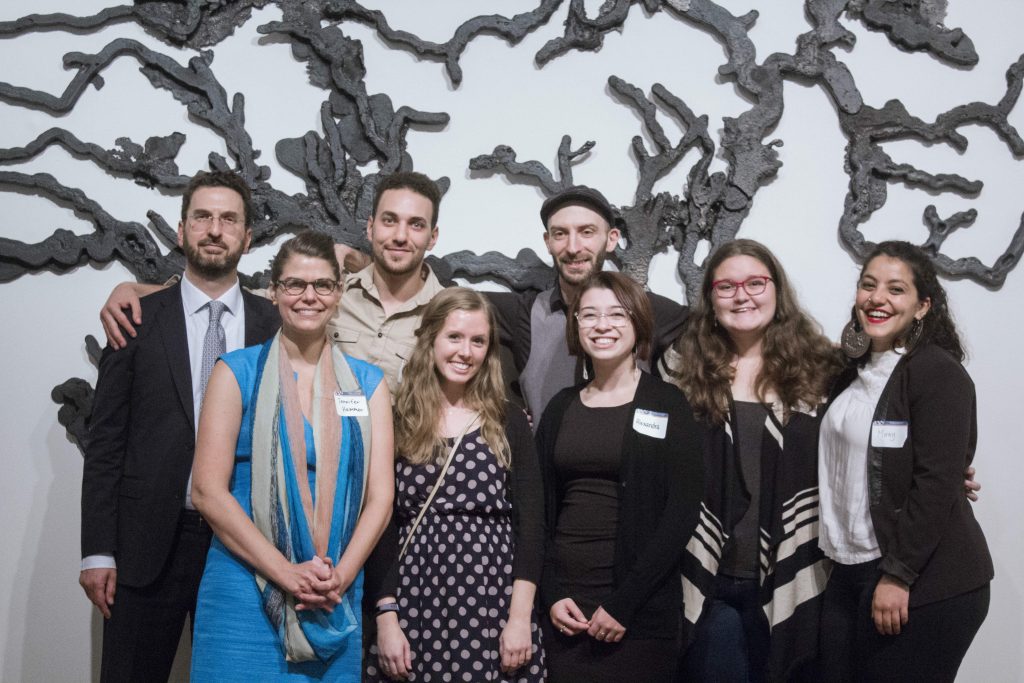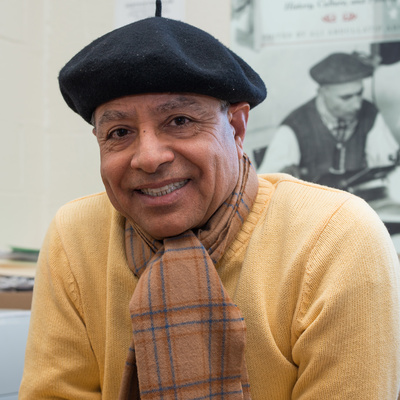Chad Alan Goldberg is Professor of Sociology at the University of Wisconsin Madison. His interests lie in the sociology of citizenship, including the development of rights and duties over time, changing levels and forms of democratic participation and shifting patterns of civil inclusion and exclusion. He is the author of Citizens and Paupers: Relief, Rights, and Race, from the Freedmen’s Bureau to Workfare. His most recent book, Modernity and the Jews in Western Social Thought examines how Jews became a touchstone for defining modernity and national identity in French, German, and American social thought from the late nineteenth to early twentieth centuries.
Alejandro Baer: Your book highlights how for classical theorists, such as Emile Durkheim, Karl Marx or Robert Park, Jews became reference points for the interpretation of the new modern social order. Why do Jews occupy this singular space in the theorizing of modernity?
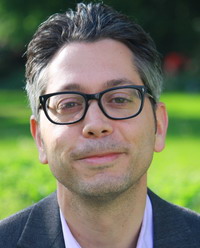 Chad Goldberg: To answer to this question, some people have pointed to the Jewish backgrounds of authors like Durkheim, Marx, Simmel, and Wirth. Others have suggested that the answer lies in the distinctive social positions that Jews occupied. There may be some truth to both views. Durkheim’s thinking, for example, was surely directed against the antisemitism of his milieu, and it’s true that German Jews were disproportionately engaged in commerce and more urbanized than the general population. But my book suggests another way to answer this question; I draw on the work of Lévi-Strauss to develop a relational (or, as others might say, structuralist) explanation.
Chad Goldberg: To answer to this question, some people have pointed to the Jewish backgrounds of authors like Durkheim, Marx, Simmel, and Wirth. Others have suggested that the answer lies in the distinctive social positions that Jews occupied. There may be some truth to both views. Durkheim’s thinking, for example, was surely directed against the antisemitism of his milieu, and it’s true that German Jews were disproportionately engaged in commerce and more urbanized than the general population. But my book suggests another way to answer this question; I draw on the work of Lévi-Strauss to develop a relational (or, as others might say, structuralist) explanation.

